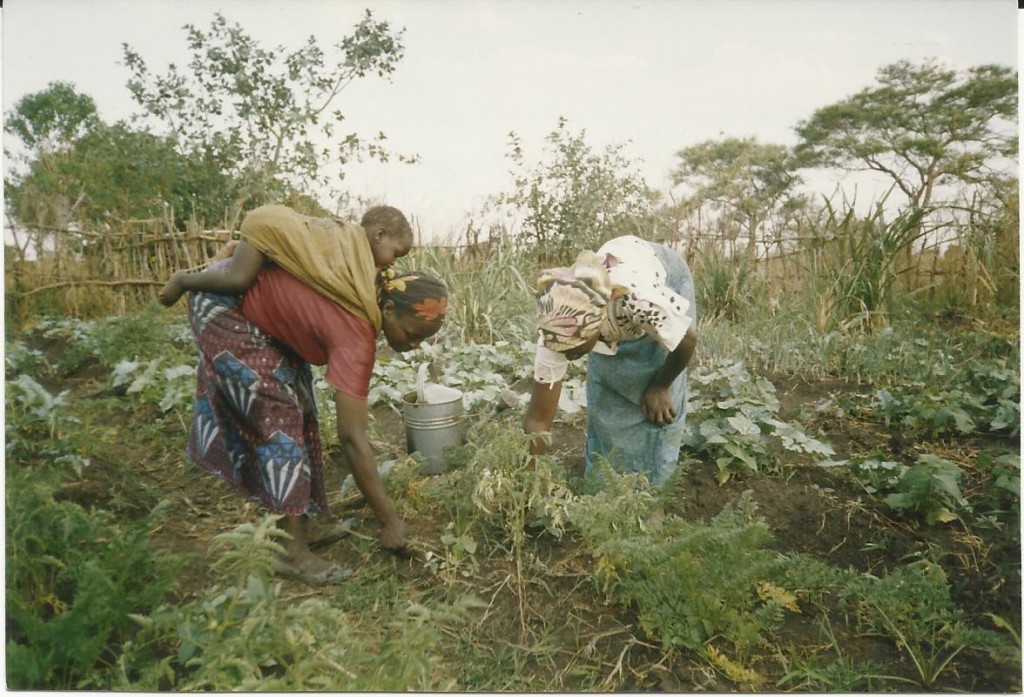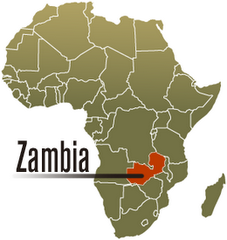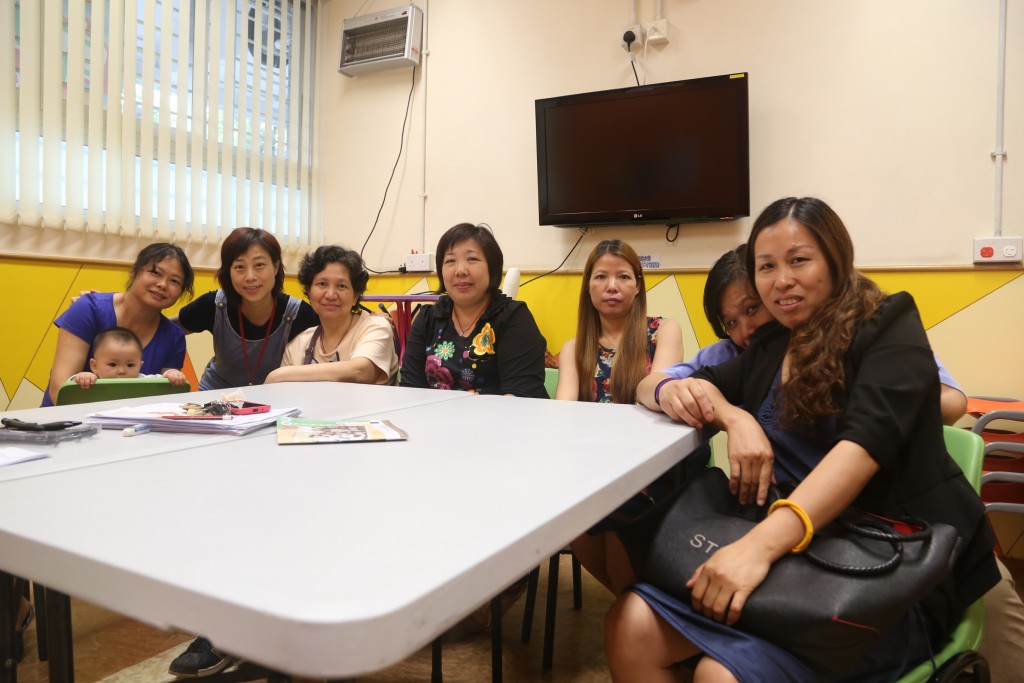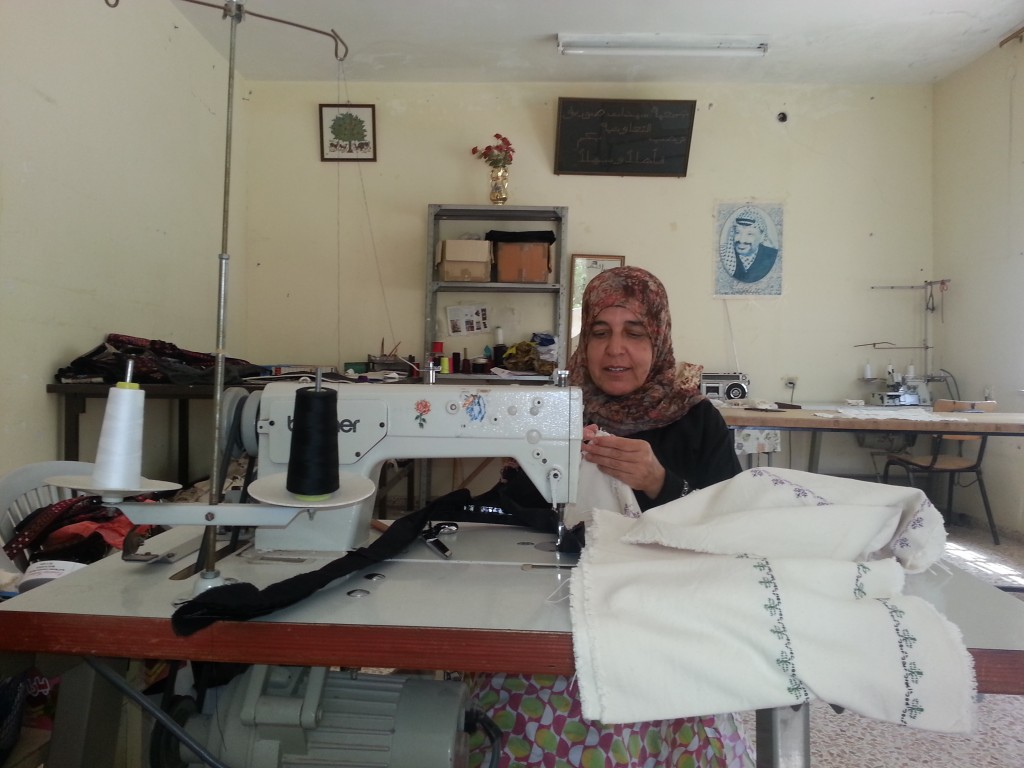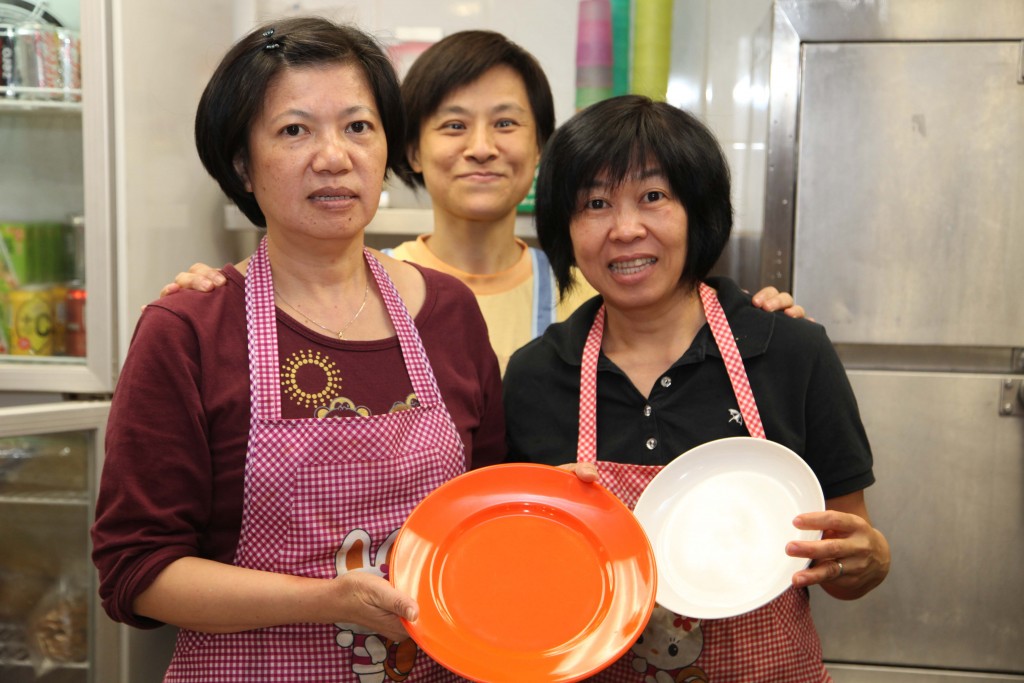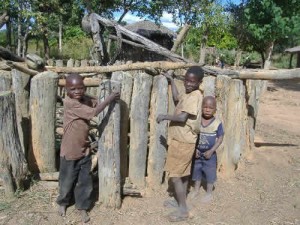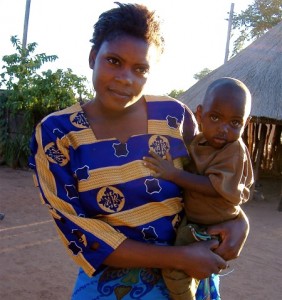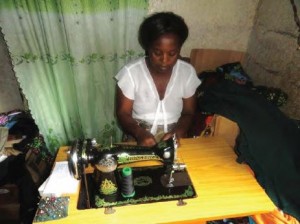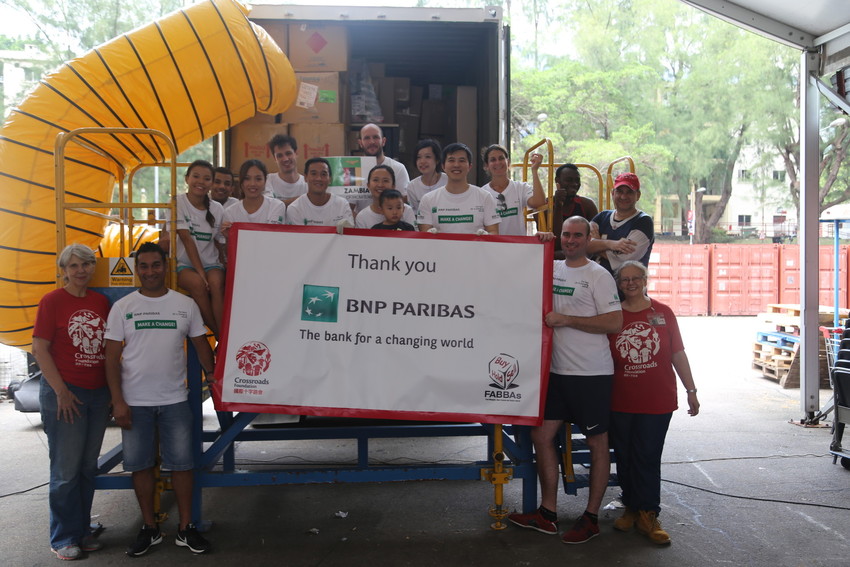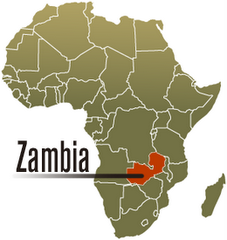Investing in Post-war Communities
Women and children are particularly vulnerable, with so many men lost in the conflict.
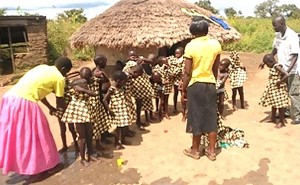 The devastating conflict in Northern Uganda officially ended a decade ago, but even though people have returned home, life is far from restored. Families are deeply traumatised from the war’s atrocities, and unemployment is high. Women and children are particularly vulnerable, with so many men lost in the conflict.
The devastating conflict in Northern Uganda officially ended a decade ago, but even though people have returned home, life is far from restored. Families are deeply traumatised from the war’s atrocities, and unemployment is high. Women and children are particularly vulnerable, with so many men lost in the conflict.
Crossroads’ partners are working in these recovering communities to see more children succeed in school, and more youth and women trained in income-generating skills. “Our children have not been able to excel in their studies simply because of lack of essentials like mathematical sets and other things,” they wrote. “The need for scholastic tools, materials like books, pens, pencils, and drawing and painting kits is enormous.” Their soap-making project has been a joyful success story. Vulnerable women and widows learn how to make soap, and are now selling around 100L each day. This brings income to the women, who can now feed their families and keep their children in school, and it lets the community buy quality soap made locally.

Crossroads is shipping school supplies and equipment, along with school desks and chairs, and goods for our partners’ other programmes: hospital beds, medical supplies, office furniture and clothes and shoes for the poorest families.This woman (left), widowed and HIV positive, was given a small loan by our partners to start a cassava business, which is now allowing her to support her family.
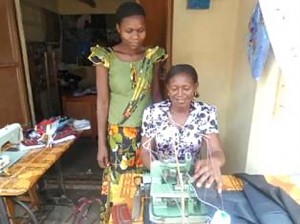 Rose (left) has been left doubly vulnerable to poverty: a widow, and HIV positive. In July 2010, Crossroads’ partners gave Rose a sewing machine along with training in tailoring. It was a wise investment, indeed! After starting a small business, Rose has been able to generate sufficient income to buy three more sewing machines. She has been encouraged to train two more people in tailoring every year, and she now employs six of these people. As a result, Rose is now living a self-reliant and successful life and the returns on this investment are multiplying throughout her community.
Rose (left) has been left doubly vulnerable to poverty: a widow, and HIV positive. In July 2010, Crossroads’ partners gave Rose a sewing machine along with training in tailoring. It was a wise investment, indeed! After starting a small business, Rose has been able to generate sufficient income to buy three more sewing machines. She has been encouraged to train two more people in tailoring every year, and she now employs six of these people. As a result, Rose is now living a self-reliant and successful life and the returns on this investment are multiplying throughout her community.

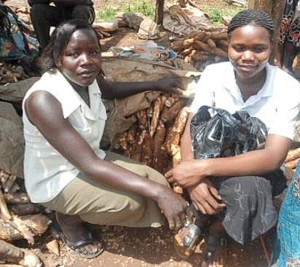
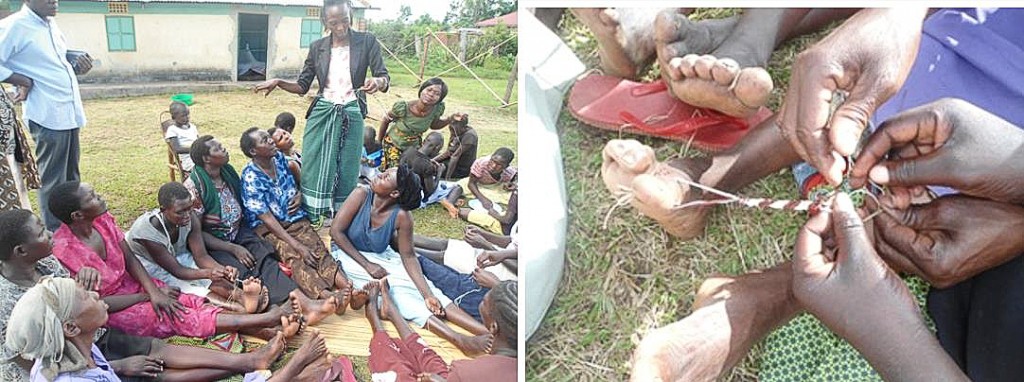

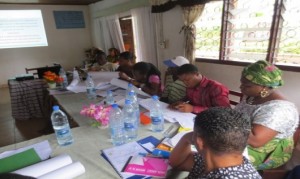
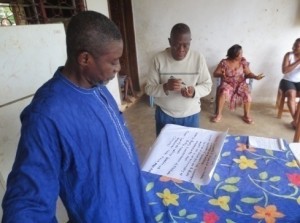
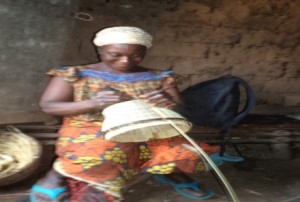
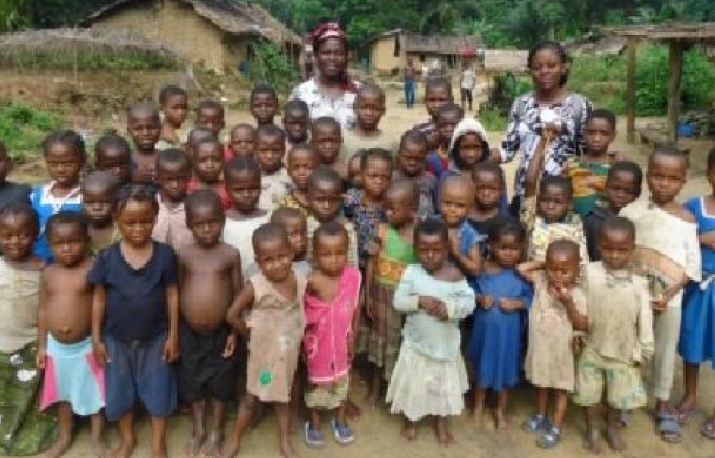
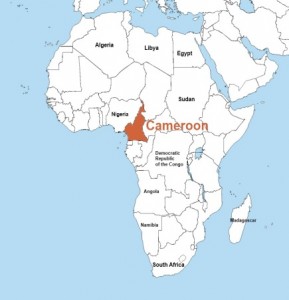
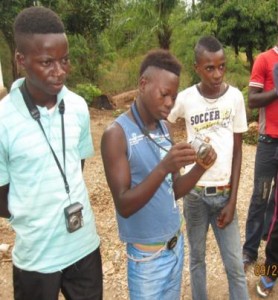
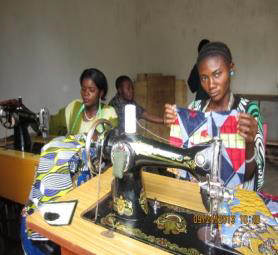
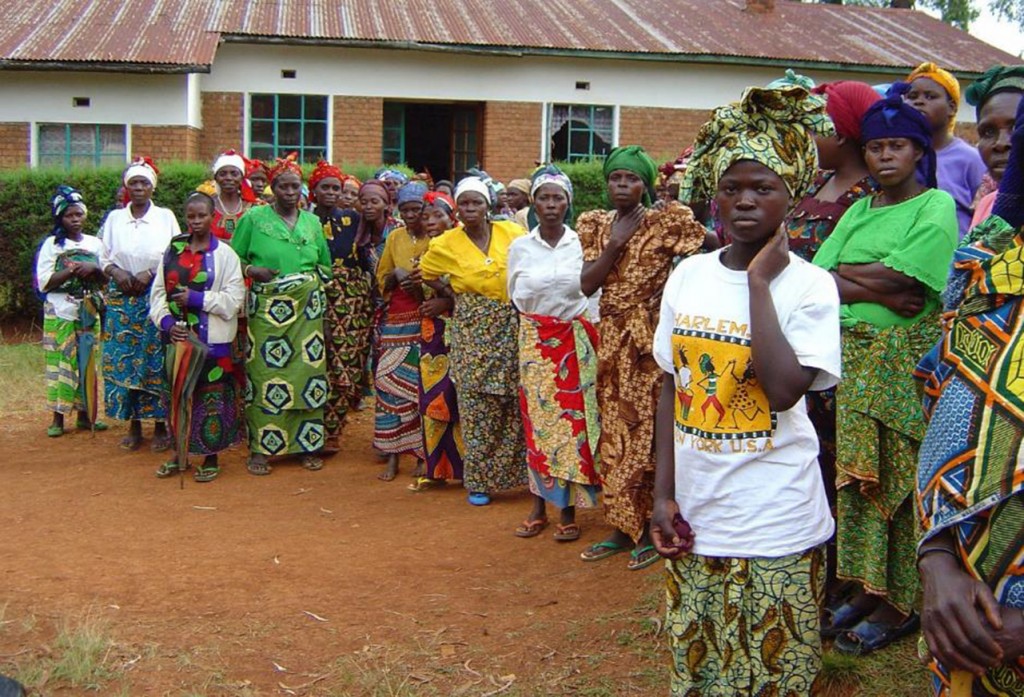
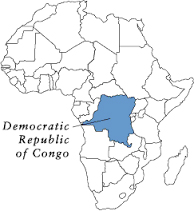
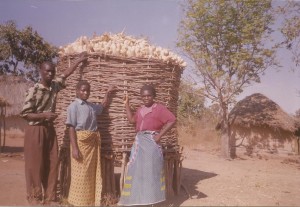 The Lungu family know what it means to feel starving. Each year, their small farm plot only grew enough food to last three months. For the rest of the year, they lived on what small amount of food their meagre income could purchase, which was scarcely enough to live on.
The Lungu family know what it means to feel starving. Each year, their small farm plot only grew enough food to last three months. For the rest of the year, they lived on what small amount of food their meagre income could purchase, which was scarcely enough to live on. Maiko (left) didn’t think he would ever finish school. His parents died of HIV/Aids, leaving Maiko and his siblings in the care of their elderly grandfather. Crossroads’ partners took Maiko into their programme and supported him, not only through school but on to a tertiary Education College. Now, Maiko works as a teacher and supports his entire family.
Maiko (left) didn’t think he would ever finish school. His parents died of HIV/Aids, leaving Maiko and his siblings in the care of their elderly grandfather. Crossroads’ partners took Maiko into their programme and supported him, not only through school but on to a tertiary Education College. Now, Maiko works as a teacher and supports his entire family.